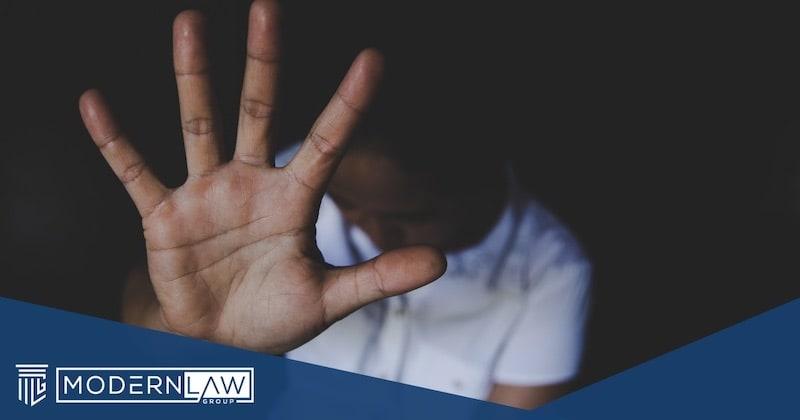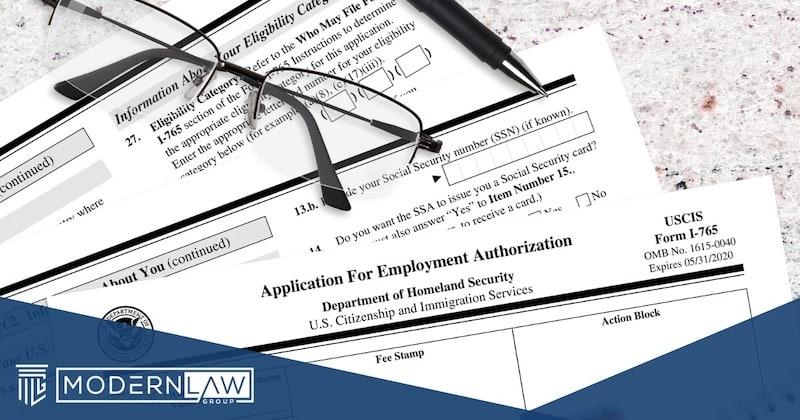VAWA: Your Rights Under the Violence Against Women Act

Noncitizen spouses, parents, and children of abusive U.S. citizens or lawful permanent residents may be reliant upon their abusers to sponsor them for a green card. These victims, however, may be able to apply for a green card on their own under the Violence Against Women Act (VAWA). Here’s everything you need to know about how VAWA applies to the immigration process.
What Is VAWA?
VAWA allows abused spouses, parents, and children—regardless of gender, to self-petition for a green card without having to rely on their abuser, who might otherwise try to control them by threatening to withdraw or withhold their sponsorship. Self-petitioners don’t need their abusive relative to approve or participate in the immigration process, giving them a sense of independence and the ability to seek safe harbor.
Who Is Eligible for a VAWA Green Card?
You qualify to file a self-petition as an abused spouse if you or your children (unmarried and under 21) have been abused by your U.S. citizen or permanent resident marital partner. You can also file if you’ve been abused by your U.S. citizen child. An abused child can file for themselves if they’re under 21 and unmarried—if you haven’t already included them on your petition.
What Are the Eligibility Requirements for a VAWA Self-Petitioner?
Here are specific requirements you must meet in order to be eligible for a VAWA self-petition:
- You’re the abused spouse of a U.S. citizen or permanent resident
- Your abusive U.S. citizen spouse died, or you divorced because of the abuse, within two years before you filed your self-petition
- Your abusive spouse lost (or renounced) their citizenship or status as a permanent resident within two years before you filed your self-petition due to domestic violence
- You learned that your abusive spouse was a bigamist, and that your marriage wasn’t legit. Otherwise, you believed that your marriage was legal
- You experienced battery or extreme cruelty at the hands of your spouse during your marriage
- You’re an individual of good character, and you married your spouse in good faith—not to evade immigration laws
- If you’re living outside of the U.S. when you self-petition, you also need to show that:
- Your abusive spouse or relative is a U.S. government employee, a member of the U.S. armed forces, or that you experienced battery or extreme cruelty in the U.S.

What Documents Do You Need to Petition for a VAWA Green Card?
Documents and evidence you’ll need to submit with your petition for a VAWA green card include:
- Form I-360 (a copy of your approval notice, or a receipt of filing it; you don’t have to pay a filing fee)
- Form I-485, Application to Register Permanent Residence or Adjust Status
- Evidence that any children listed on your self-petition are under the age of 21 and are unmarried at the time you file, and that they are your children
- Any other documentation and evidence that shows you meet the previously-mentioned eligibility requirements
It’s important for you to know that if your Form I-360 gets approved, it doesn’t give you and your children immigration status. It allows you and your children to become eligible to apply for a green card. It’s in your best interest to work with a knowledgeable immigration attorney. Your attorney can explain this process and help you with all of the documentation you’ll need in order to file your self-petition, and the supporting evidence you’ll have to include with your filing.
If Your Abuser Already Filed a Petition for a Green Card for You, Do You Have to Start All Over?
When a petition for a green card is filed a priority date is given, which is basically a place in line to get a visa to start the process of getting a green card. If your abusive U.S. citizen or permanent resident spouse already filed a petition on your behalf (Form I-130, Petition for Alien Relative), you don’t have to lose your priority date when you file your self-petition. You can transfer the priority date of the existing Form I-130 to your Form I-360 self-petition. This can give you an earlier priority date than you would’ve had otherwise, and lessen your wait time for a green card. This is another important move that a skilled attorney will know.
Will Your Abuser Find Out About Your Self-Petition for a Green Card?
As a VAWA self-petitioner for a green card, USCIS isn’t allowed to share any information regarding you with a third party. To further protect your privacy, USCIS won’t honor a request for a change of address under your name unless it comes from you, which helps keep your abuser from finding out about your self-petition.
Can You Get a Job While Your Application for a VAWA Green Card Is Pending?
If you made the appropriate selection on your Form I-360 requesting an initial employment authorization document (EAD), USCIS will automatically consider you for employment authorization if your Form-360 gets approved. If your employment authorization is approved, you will be able to work while your petition is processed.
If you don’t ask for an initial EAD on Form I-360, you’ll have to file Form I-765—Application for Employment Authorization—after your Form I-360 gets approved, so that you can apply for employment authorization and get an EAD.
Your immigration lawyer can explain this process to you, and make sure that the right documents are filed and the appropriate selections are made.
Do You Qualify for Public Benefits as a VAWA Self-Petitioner?
As a self-petitioning spouse or child of an abusive U.S. citizen or lawful permanent resident (or if you’re a derivative beneficiary), you’re eligible to receive federal and state public benefits if your Form I-360 gets approved. It’s important for you to understand that if you’re a self-petitioning parent of an abusive daughter or son, you aren’t eligible to receive public benefits.
Do You Need to Talk to an Immigration Attorney About Becoming a VAWA Self-Petitioner for a Green Card?
If you’re thinking about becoming a VAWA self-petitioner for a green card, we may be able to help you. Call our office today to schedule a consultation with a caring, skilled immigration attorney who will provide the legal guidance you need.









